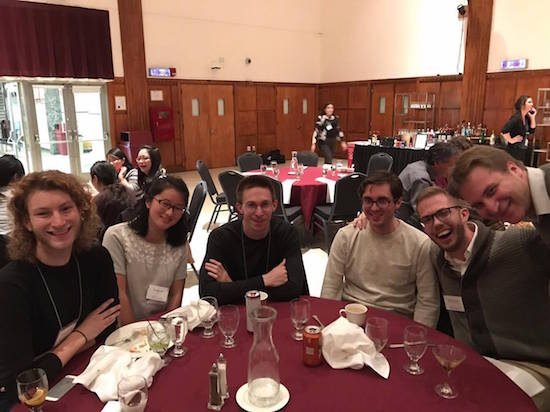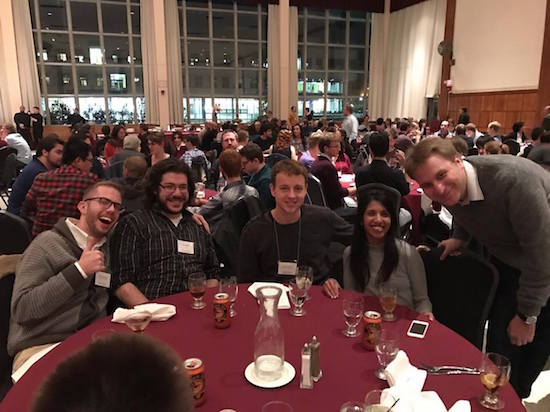The linguistics faculty have issued the following statement on an ongoing event of importance:
We, the current and emeritus Linguistics faculty of the Massachusetts Institute of Technology, join our colleagues in the Linguistics departments at UC Berkeley and Yale in expressing our support for the Oceti Sakowin Oyate, the Standing Rock Sioux Tribe, and other tribal nations and people in opposing the construction of the Dakota Access Pipeline. Working as we do in a scholarly discipline that draws on the cultural heritage and intellectual property of indigenous people worldwide, and being aware that linguists have not always collaborated ethically with those whose languages we study, we are especially conscious of the need to respect Native cultural autonomy, sovereignty, and rights to self-determination. The Dakota Access Pipeline would cross the ancestral lands of the Standing Rock Sioux Tribe and the Missouri River. The Dakota Access Pipeline project impinges on indigenous communities’ rights to land, clean water, health, and cultural preservation, including language. We call on our leaders to respect the sovereign rights of the Standing Rock Sioux Tribe and ask the national linguistics community to add its voice in support of this urgent need.
MIT Linguistics faculty, Department of Linguistics and Philosophy
Cambridge, Massachusetts
October 19, 2016
Links:
Standing Rock website
List of MIT Linguistics faculty
Berkeley statement
Yale statement
click here for this week’s regular issue of Whamit!

